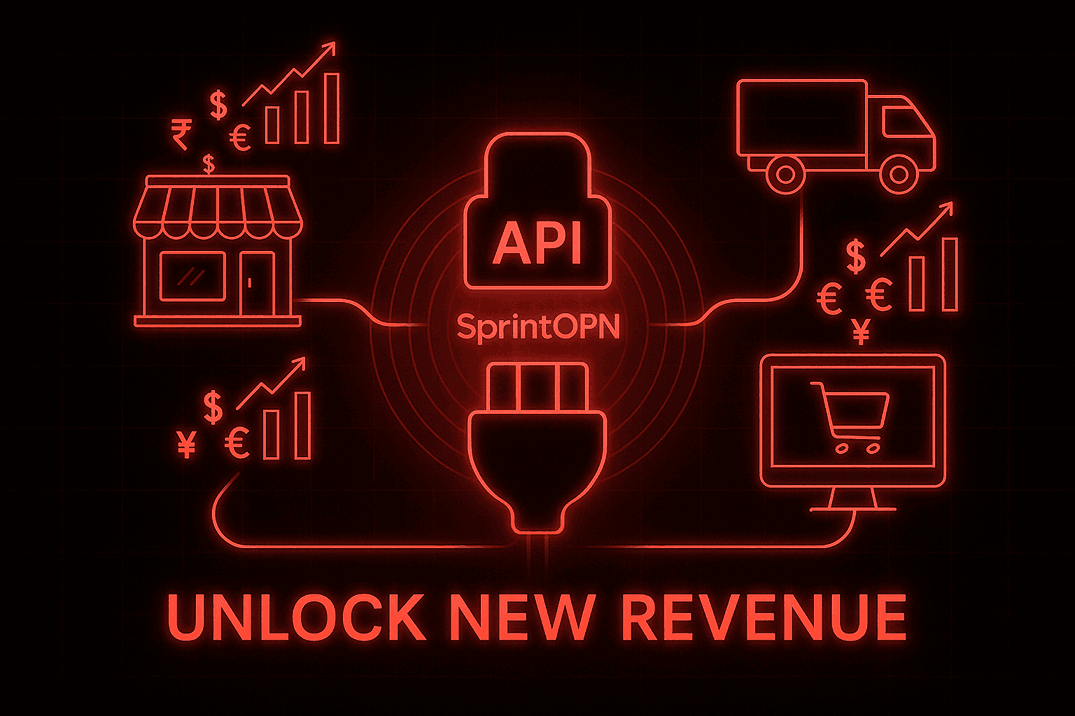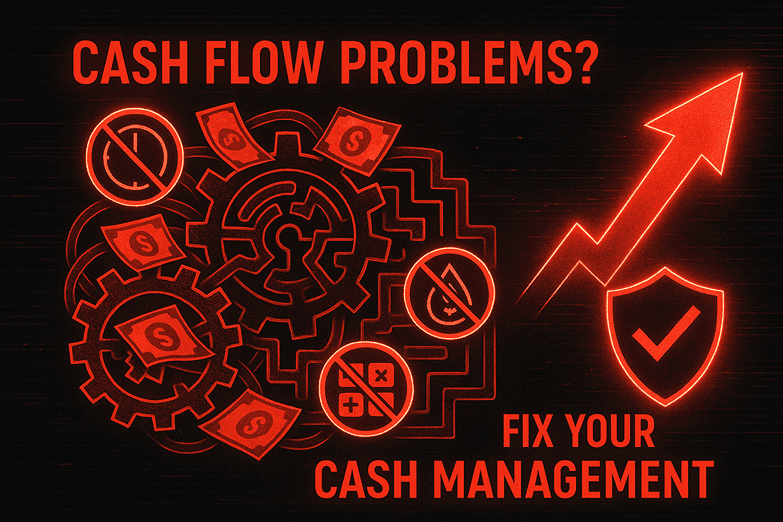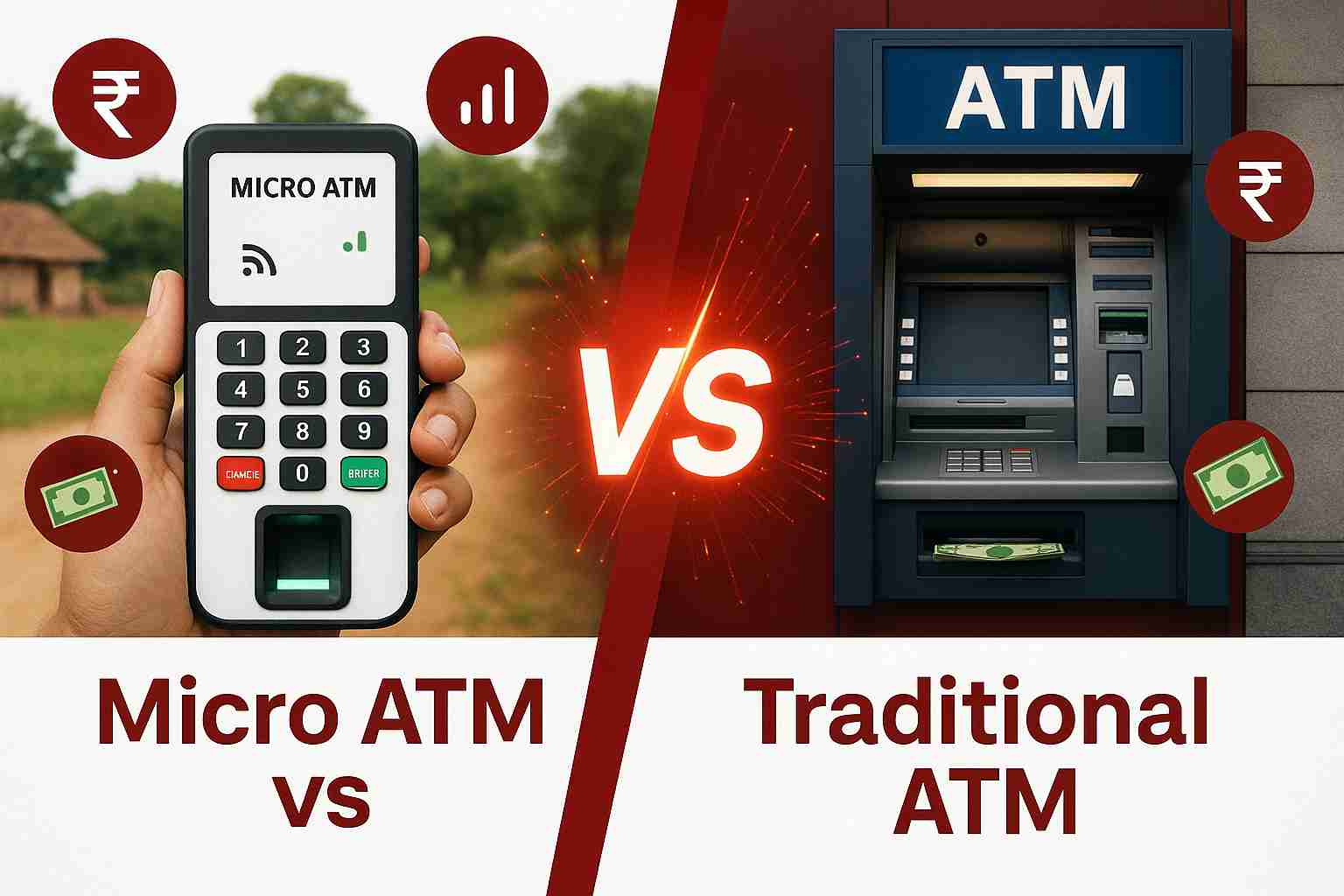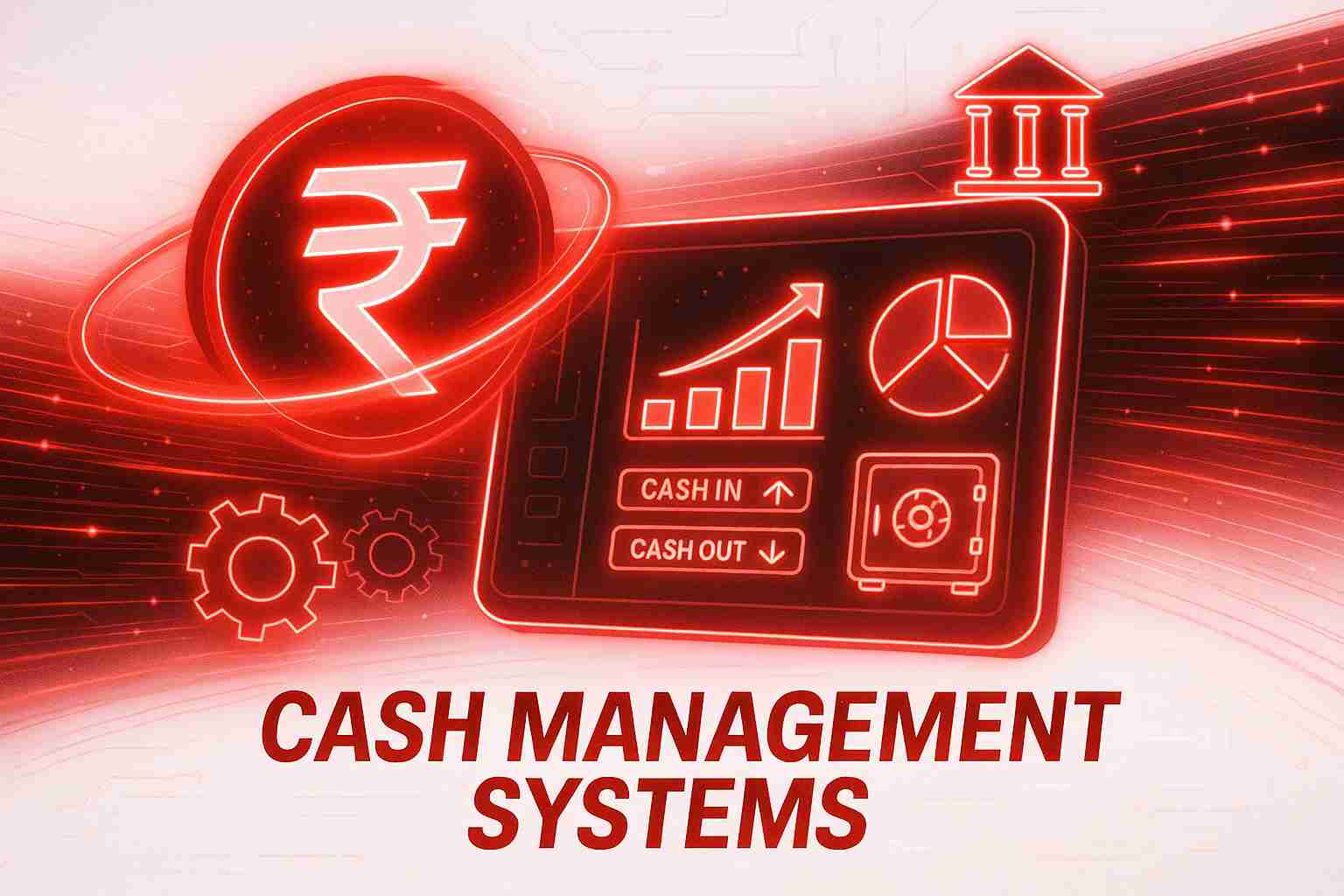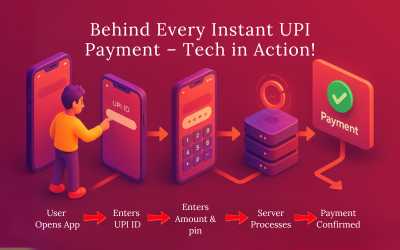Cash Management Solutions for Retail Chains: Reducing Cash Leakage
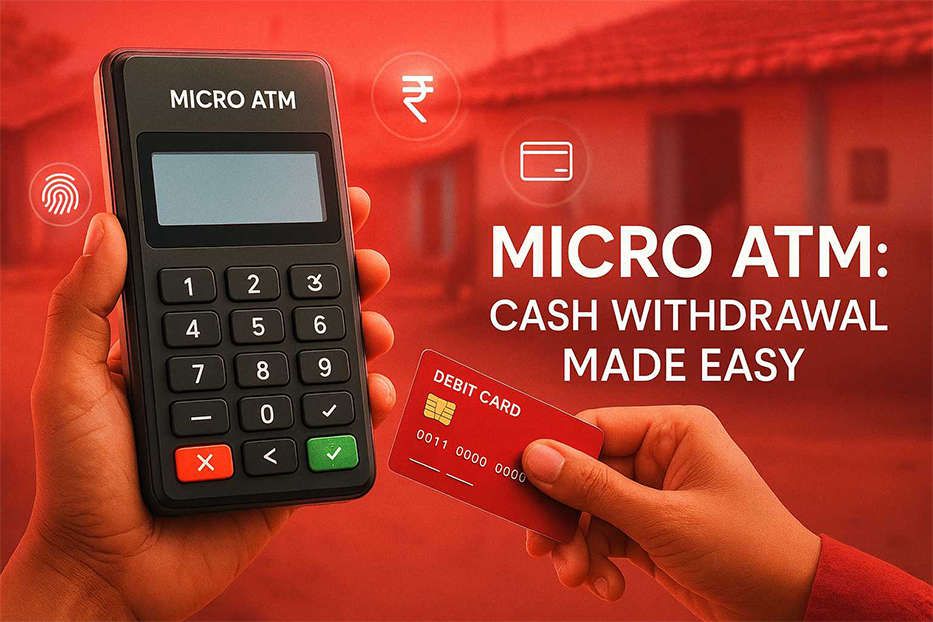
Cash
leakage—unexplained losses of cash during collection, handling, or
reconciliation—can significantly erode the profitability of retail chains.
Implementing robust cash management solutions helps retailers gain end?to?end
visibility, automate workflows, and tighten controls to minimize shrinkage,
pilferage, and human error.
In this guide, we’ll explore the root causes of cash leakage in retail environments, survey the leading solutions available, and highlight the features and benefits that make them indispensable for modern retail businesses.
Table of Contents
1.
Understanding
Cash Leakage in Retail Chains
2.
Why
Retail Chains Are Prone to Cash Leakage
3.
Cash
Management Solutions for Retail Chains
4.
Key
Features of an Effective Retail Cash Management System
5.
Benefits
of Implementing Cash Management Solutions
6.
Who
Should Adopt These Solutions
7. Final Thoughts
Understanding Cash Leakage in Retail Chains
1.
Cash
leakage refers to any instance where money collected from sales fails to be
accurately accounted for in the corporate accounts.
2.
Common
examples include over rings and under rings at the point of sale (POS),
unsecured cash storage, manual counting errors, and discrepancies during end-of-day
reconciliation.
3. Retailers with multiple outlets and high transaction volumes are particularly vulnerable, as small losses at each location can accumulate into substantial sums at scale.
Why Retail Chains Are Prone to Cash Leakage
1.
High Transaction Frequency: Hundreds or thousands of daily transactions increase the
risk of operator error and unauthorized overrides.
2.
Distributed Operations: Multiple stores mean varied cash handling procedures, making
centralized monitoring challenging.
3.
Manual Processes: Cash counting, drawer balancing, and deposit preparation are often
manual tasks prone to mistakes and manipulation.
4.
Limited Visibility: Without real-time reporting, discrepancies may go unnoticed until
periodic audits, prolonging the window for leakage.
Cash Management Solutions for Retail Chains
1.
Integrated POS Banking Interfaces
By directly connecting point-of-sale systems to a retailer’s bank account, these interfaces enable the real-time settlement of cash sales. Automation of end-of-day deposits reduces manual handling and ensures every transaction is captured in
the banking system without delay.
2.
Smart Safes and Cash Recyclers
Smart safes
accept, authenticate, and securely store cash throughout the business day. They
automatically count and validate banknotes, track deposits by cashier, and
notify central management when pickups are needed. Cash recyclers further
streamline operations by providing change on demand, reducing float management
overhead.
3.
Centralized Cash Reconciliation Software
Cloud-based platforms aggregate transaction data from all outlets, POS devices, and smart safes into a unified dashboard. Automated reconciliation engines compare expected cash balances to actual deposits, flagging discrepancies immediately and generating audit trails for compliance and investigation.
Key Features of an Effective Retail Cash Management System
1. Real-Time Cash Visibility
A central
dashboard that displays live cash positions for each location, cashier, and
till.
2 Automated Deposit Scheduling
Workflow
engines that trigger bank deposits or armored?courier pickups based on
threshold rules.
3. Role-Based Access Controls
Configurable
permissions ensure only authorized staff can perform cash handling,
reconciliation, and override tasks.
4. Exception Alerts and Reporting
Instant
notifications for mismatches, high-value transactions, or unauthorized actions,
with detailed drill?down reports.
5. API Integrations
Connectors
to ERPs, accounting software, and banking APIs enable seamless data exchange
and end-to-end automation.
Benefits of Implementing Cash Management Solutions
1.
Reduced Shrinkage and Pilferage
Automation
and secure storage limit opportunities for theft and misappropriation.
2.
Improved Operational Efficiency
By
eliminating manual counting and reconciliation, staff can focus on delivering exceptional customer service and generating revenue.
3.
Enhanced Financial Accuracy
Real-time
tracking and automated reconciliation minimize human error and ensure financial
records are always up to date.
4.
Lower Banking Costs
Optimized
deposit scheduling and fewer manual cash handling steps translate to reduced
armored courier and bank processing fees.
5.
Stronger Audit and Compliance
Detailed logs of every cash movement support internal audits and regulatory requirements.
Who Should Adopt These Solutions
1. Multi-location retailers operating across regions or countries, where centralized
oversight is essential.
2. Franchise Chains that require standardized processes and consistent reporting across
franchisees.Multi-location retailers operating across regions or countries, where centralized oversight is essential. Franchise Chains that require standardized processes and consistent reporting across franchisees.
3. High Volume Grocers and Supermarkets with large daily cash turnover.
4. Specialty Retailers such as convenience stores, pharmacies, and electronics outlets where
theft risk is elevated.
5. Retailers Seeking Digital Transformation to integrate cash operations with broader ERP and financial systems.
Final Thoughts
Reducing
cash leakage is not only about plugging financial losses—it’s about building
trust with stakeholders, enhancing operational resilience, and driving
profitability. By deploying integrated cash management solutions—ranging from
smart safes to centralized reconciliation platforms—retail chains can achieve
tighter controls, better visibility, and substantial cost savings.
For a scalable, API driven solution that integrates seamlessly with your existing infrastructure, explore Cash Management API and take the first step towards eliminating cash leakage across your retail network.
Frequently Asked Questions (FAQs)
What is cash leakage in retail, and why does it happen?
Cash leakage
refers to any unaccounted loss of funds during the sales-to-deposit cycle. In
retail, it often occurs through manual errors (miscounts, unrecorded voids),
unauthorized till overrides, unsecured storage, or delays in depositing cash.
Multiple outlets and varying processes amplify these risks.
How do smart safes help reduce cash leakage?
Smart safes
authenticate, count, and securely store banknotes in real time. They log each
deposit per cashier, provide audit trails, and alert centralized management for
pickups—eliminating manual counts and reducing opportunities for theft and
human error.
Can smaller retailers afford these cash management solutions?
Yes. Many
modern cash management platforms offer tiered pricing and modular features.
Cloud-based reconciliation software and POS banking integrations have become
cost-effective even for single-location or small chain retailers, delivering
rapid ROI through reduced shrinkage and manual overhead.
How quickly can a retail chain implement a centralized cash reconciliation system?
Implementation
timelines vary by solution complexity, number of outlets, and integration
requirements. A cloud-based platform with out-of-the-box POS and bank
connectors can often go live in 4–6 weeks, while more customized API
integrations may take 8–12 weeks.
Will these solutions integrate with existing ERP or accounting software?
Most leading cash management systems provide APIs or pre-built connectors for popular ERP and accounting platforms. This seamless integration ensures that transaction data flows directly into financial ledgers for automatic reconciliation and reporting.
